The solar system was formed over 4.6 billion years ago, which assisted with the making of the sun. According to scientists’ studies, the sun came together by a giant spinning cloud of gas and dust that collapsed due to its gravity. The sun is mostly created from hydrogen and helium atoms. Hydrogen atoms then form into helium atoms, mixing with hot temperatures causing the creation of the sun.
According to Will the Sun Die? | Ask An Earth and Space Scientist eventually the main source of the fuel for the sun, hydrogen, will run out, and when this happens the sun will start dying out. However, this will happen a long time from now, as it should run out of its resources, helium and hydrogen, in about five billion years. Our sun is currently in the most stable part of its life, but once all the hydrogen gets used up, the sun will grow out of its stable phase.
In the article When will the sun die? | Space, it states that after the hydrogen completely runs out there will be a period of 2-3 billion years where the sun will go through the phases of star death. This would first affect the sun by causing it to bloat and swell up, causing it to swallow the other planets orbiting around it, including Earth. This would be the phase called the “red giant,” which would then later cause the sun to lose many of its outer layers to go through the “white dwarf” phase. Lastly, the sun will fade out to the “black dwarf” phase where it will be completely different from where it originally was, and it would have little to no energy and heat.
However, even though the sun will consume the other planets, including Earth itself, by then the Earth will be completely different and would probably start decaying by then. According to The sun won’t die for 5 billion years, so why do humans have only 1 billion years left on Earth? it states that every billion years the sun’s brightness increases by 10%. This would mean that since the sun gets hotter, so does the Earth. As the heat increases, the source of water will decrease as it would get evaporated.
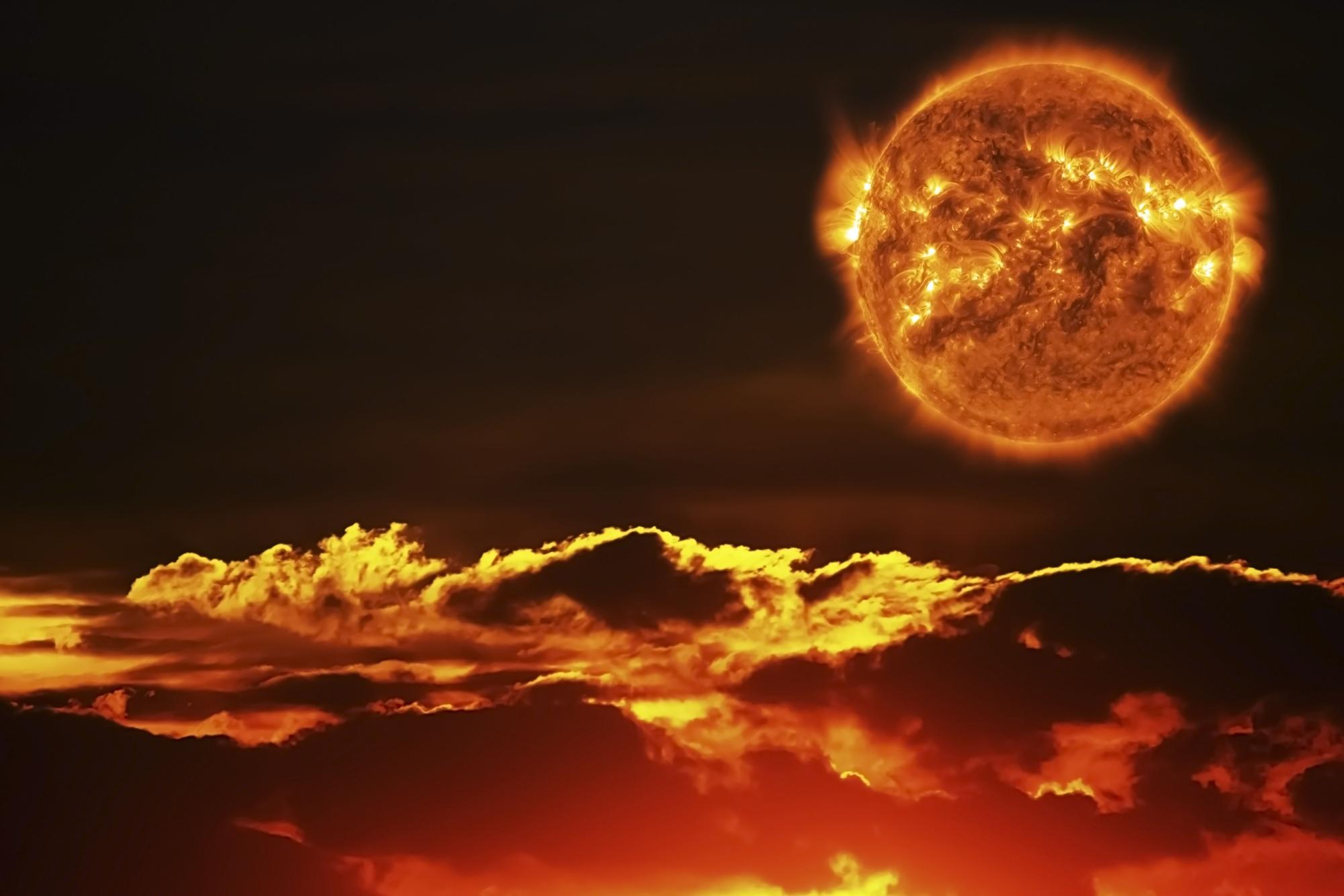
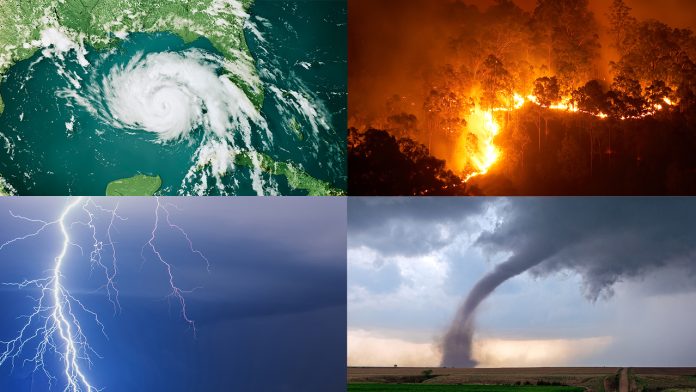
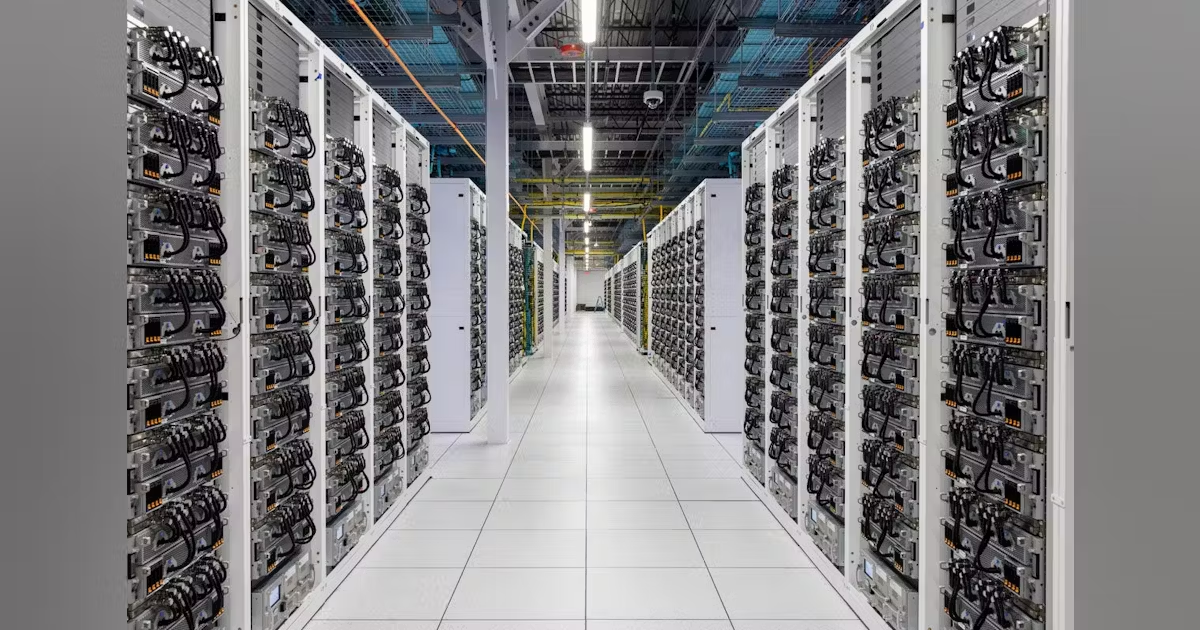


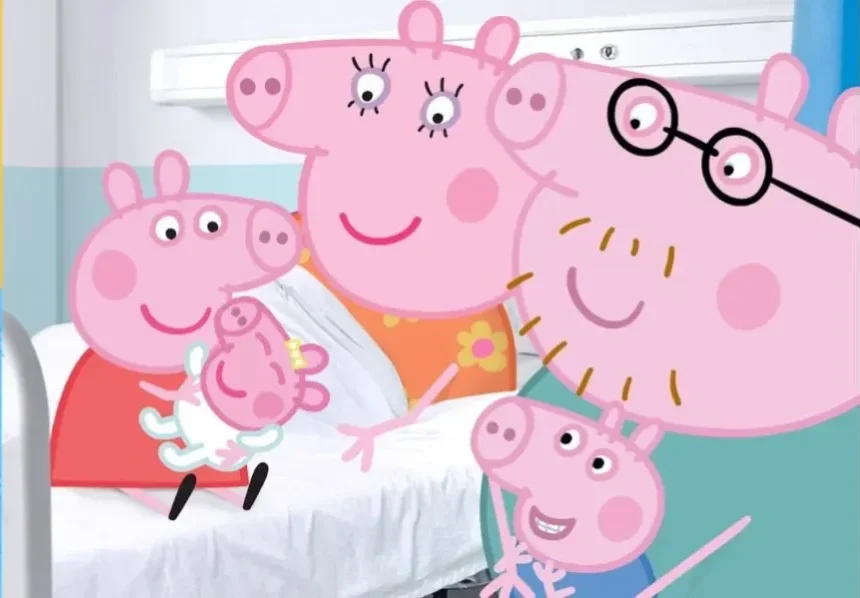


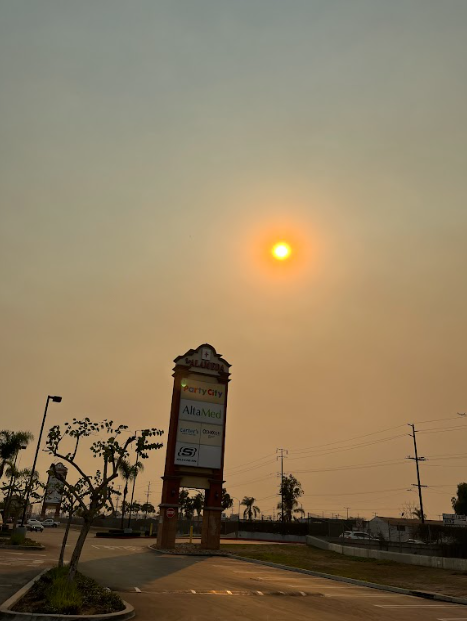










chris H • Jan 31, 2024 at 9:25 am
4.5 billion nice facts and explanations
niani • Jan 9, 2024 at 12:50 pm
This information is so fascinating and awesome. The sun will die out in a few billion years.
jazlyn • Jan 8, 2024 at 12:33 pm
The sun would eventually die out but in billions of years from now.